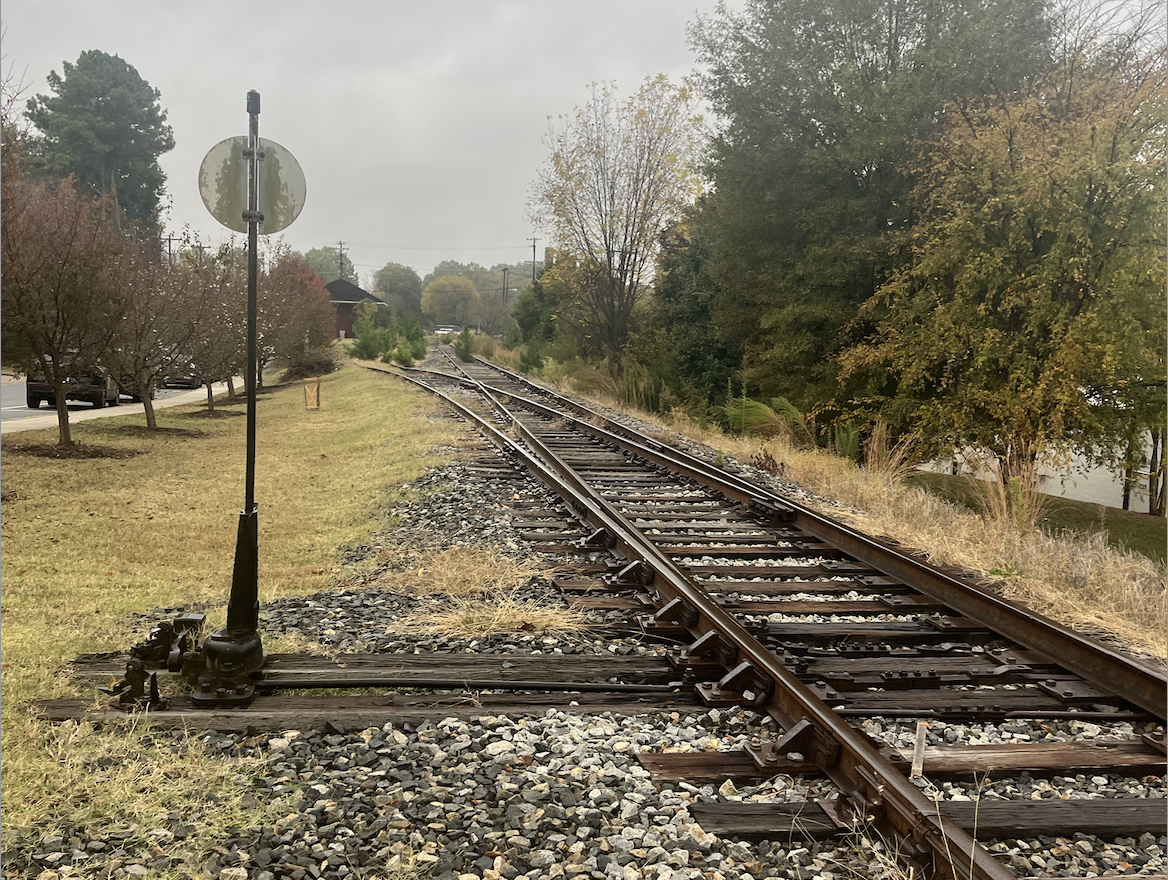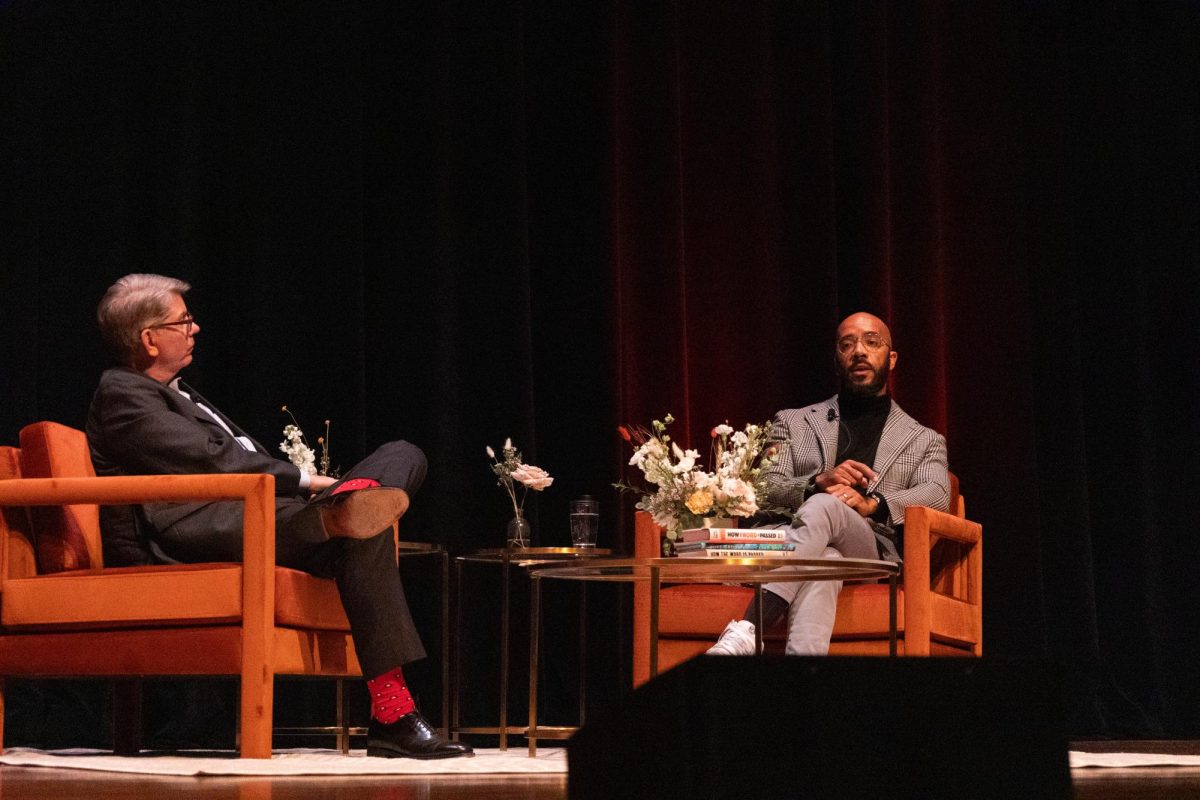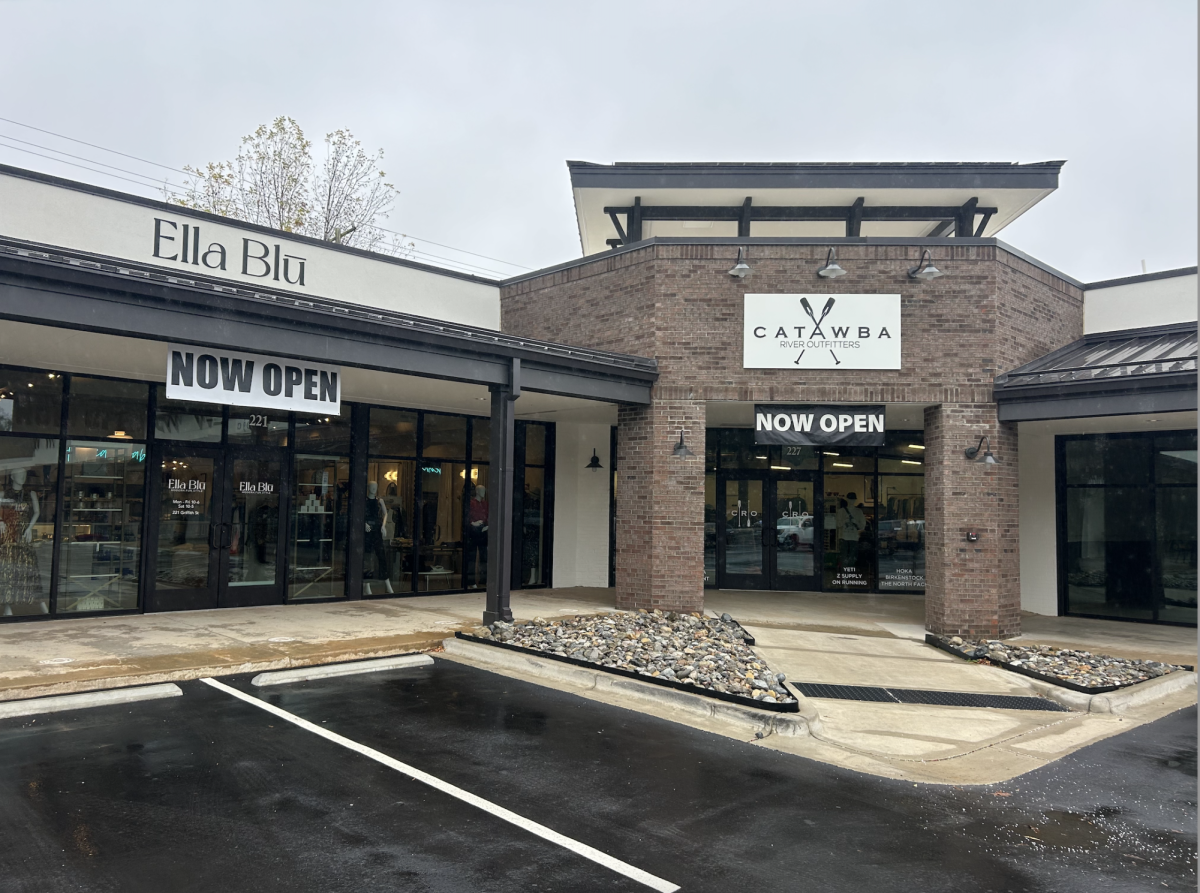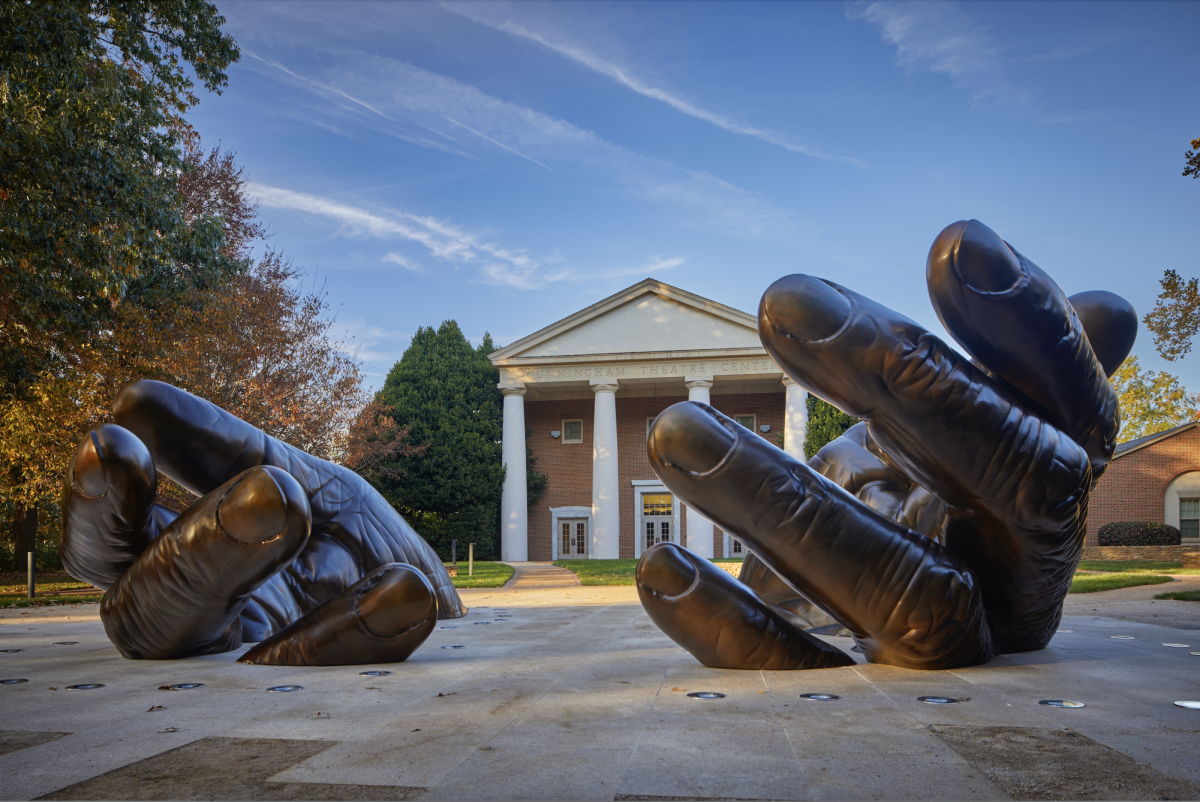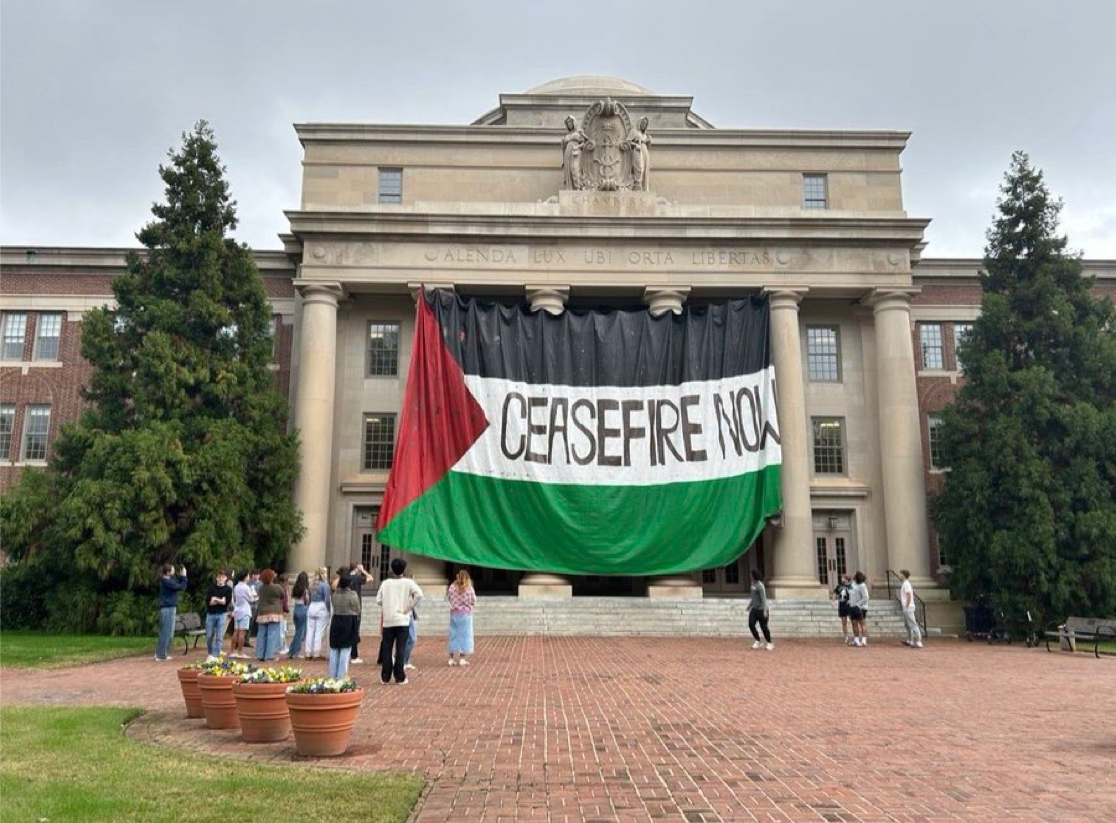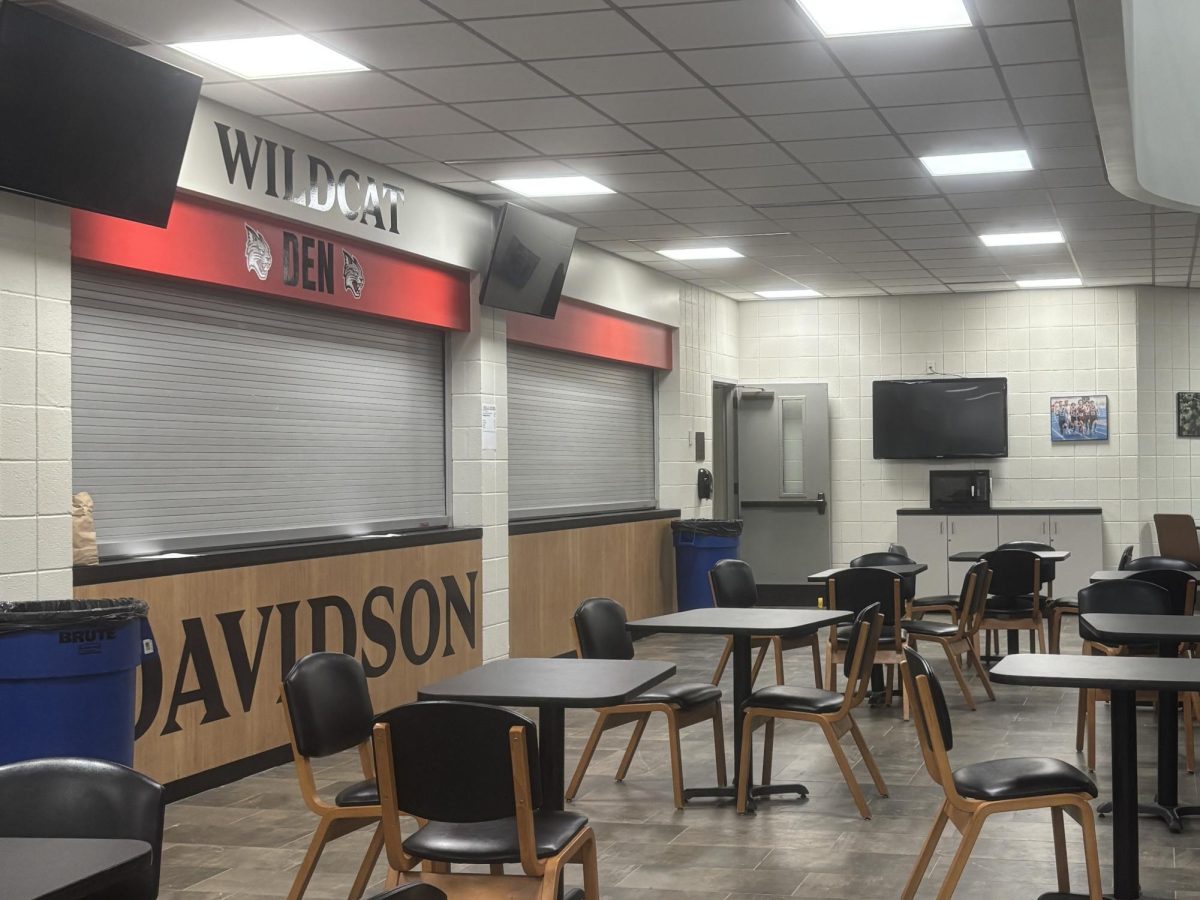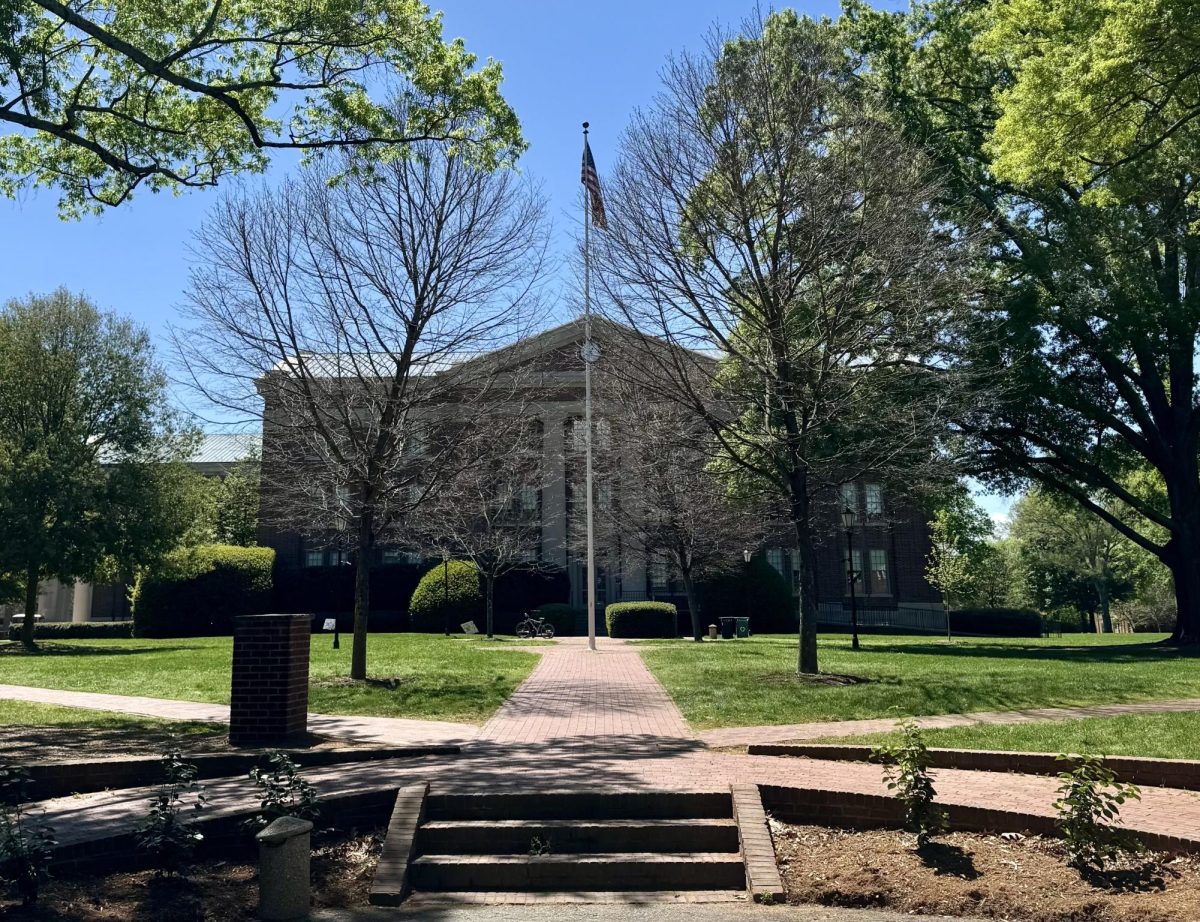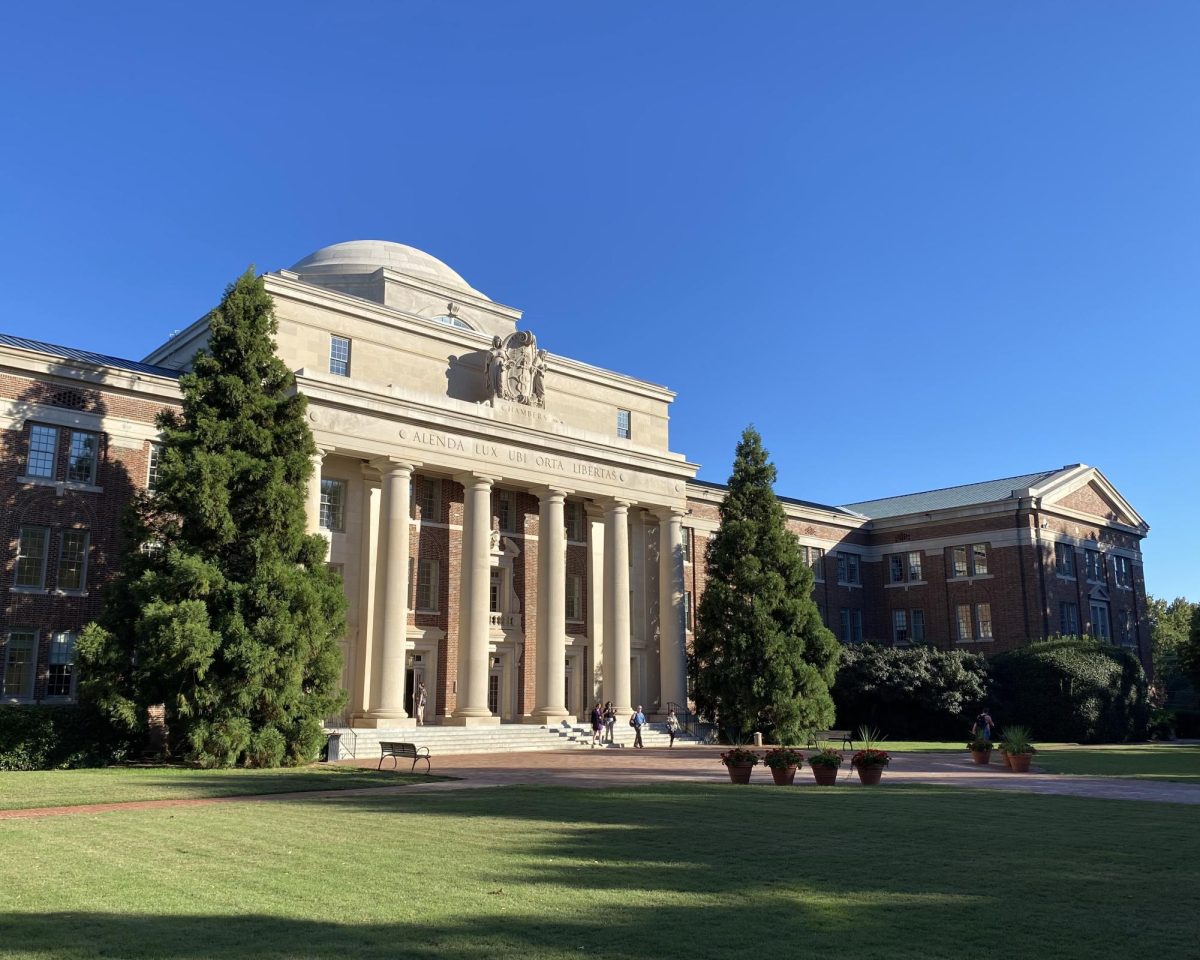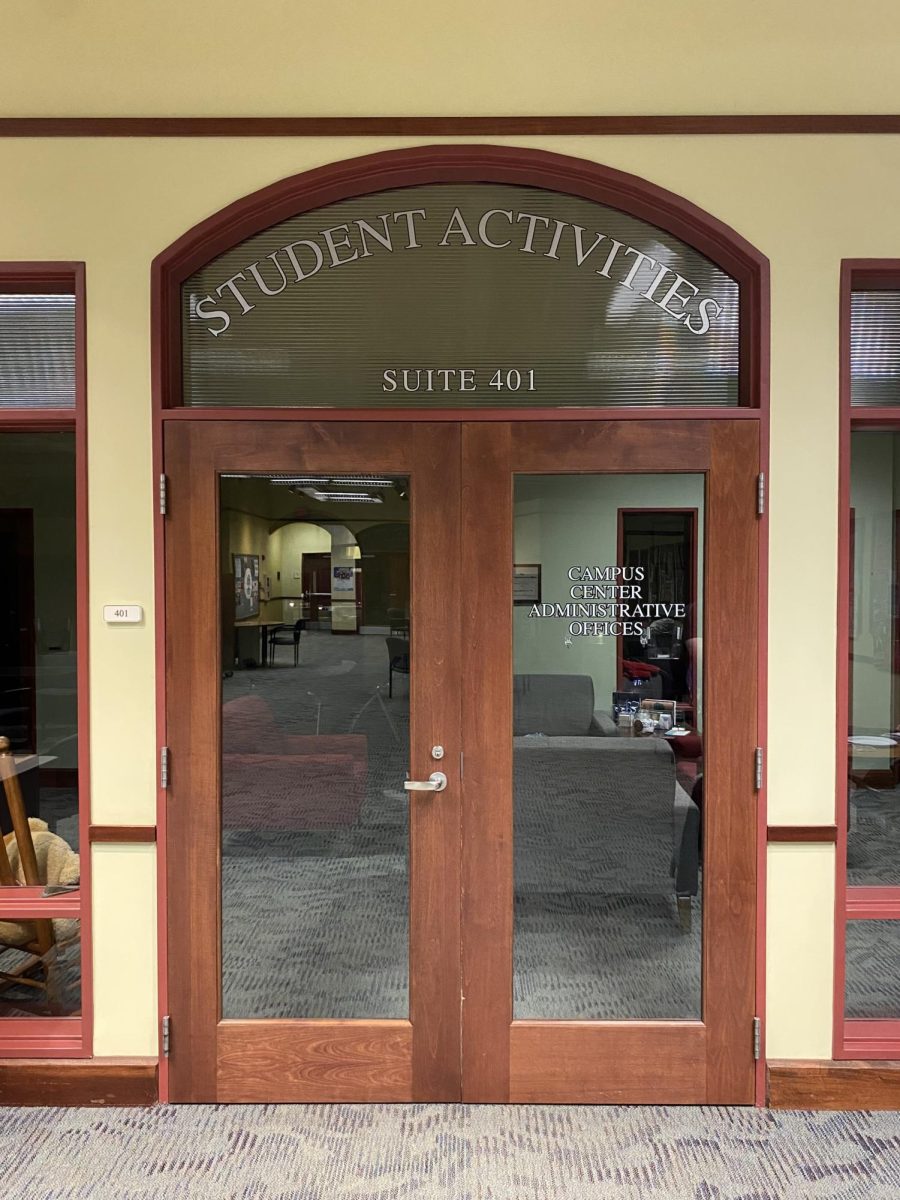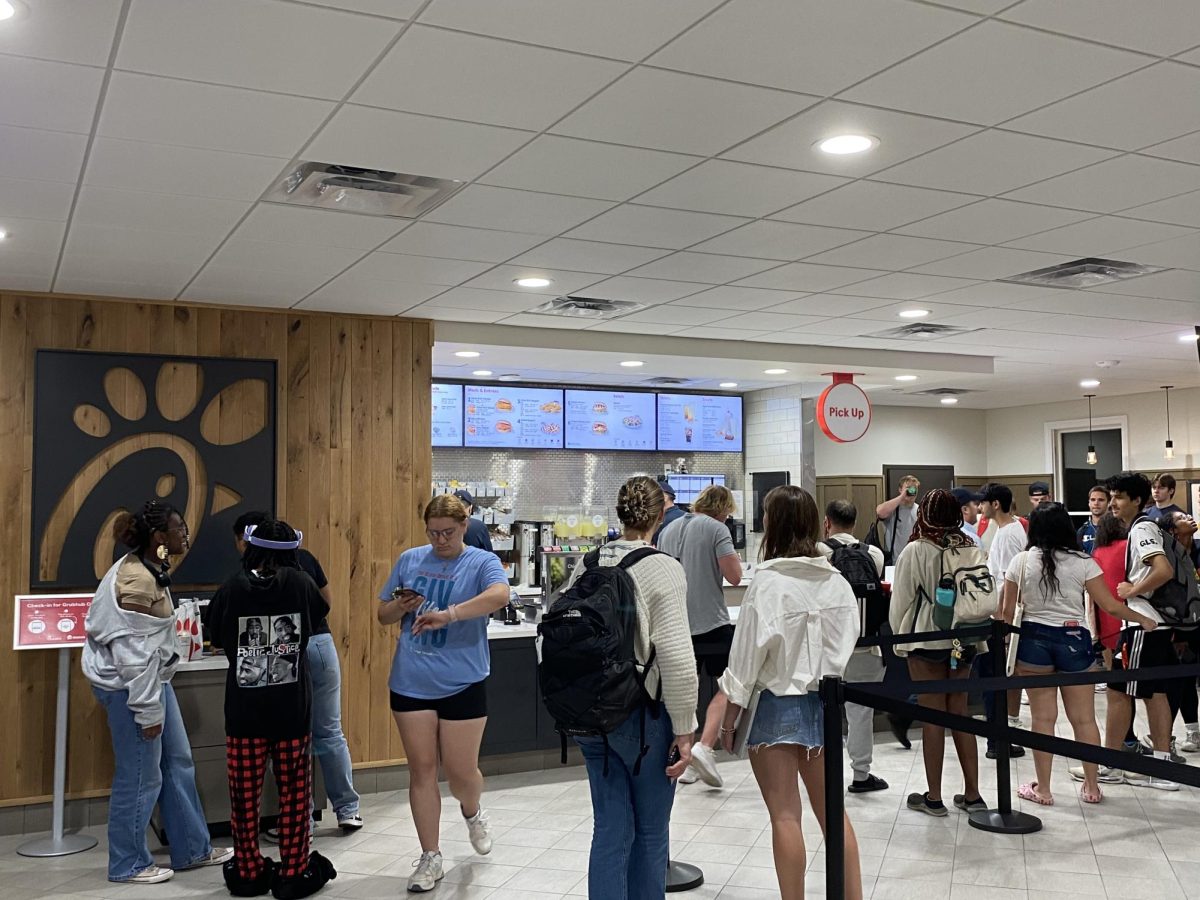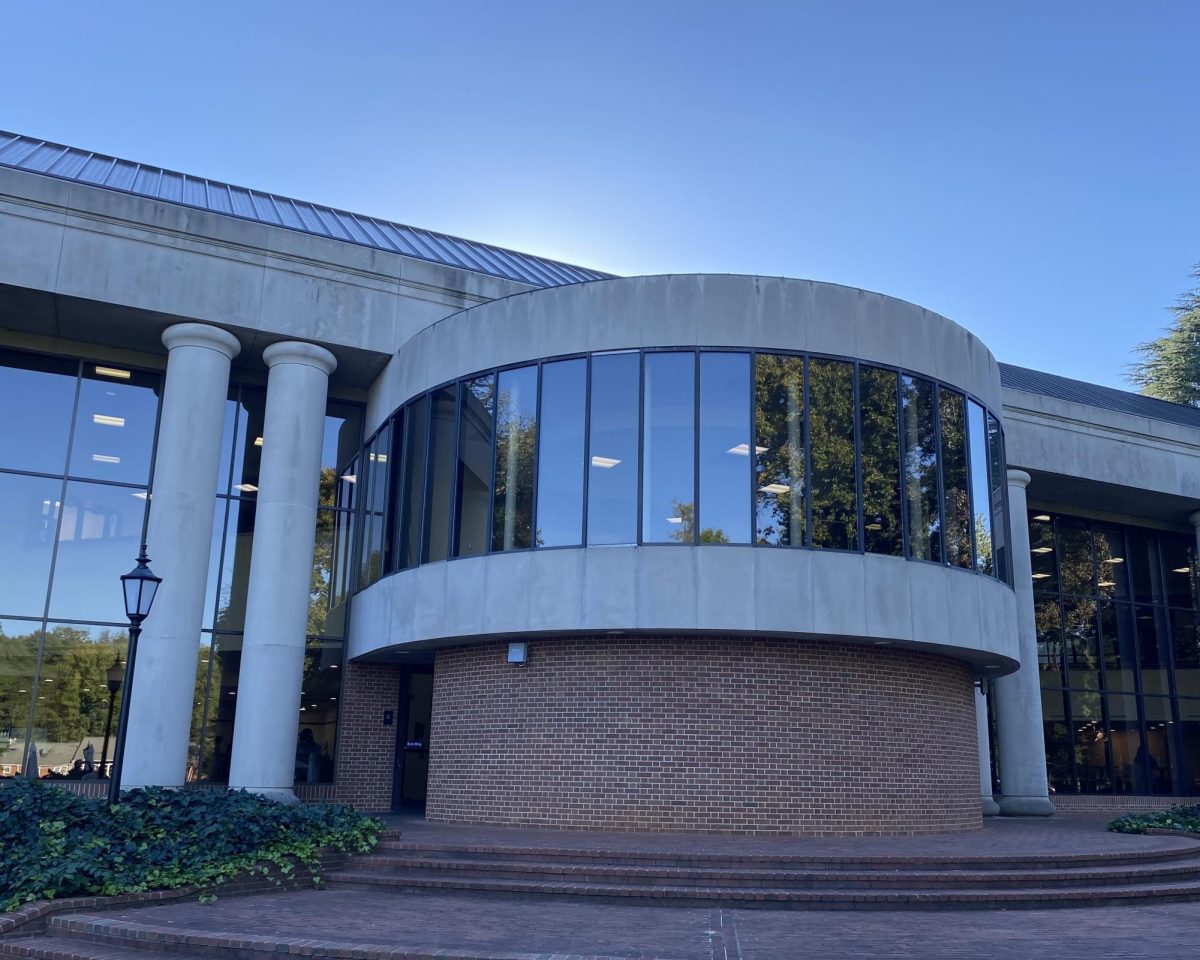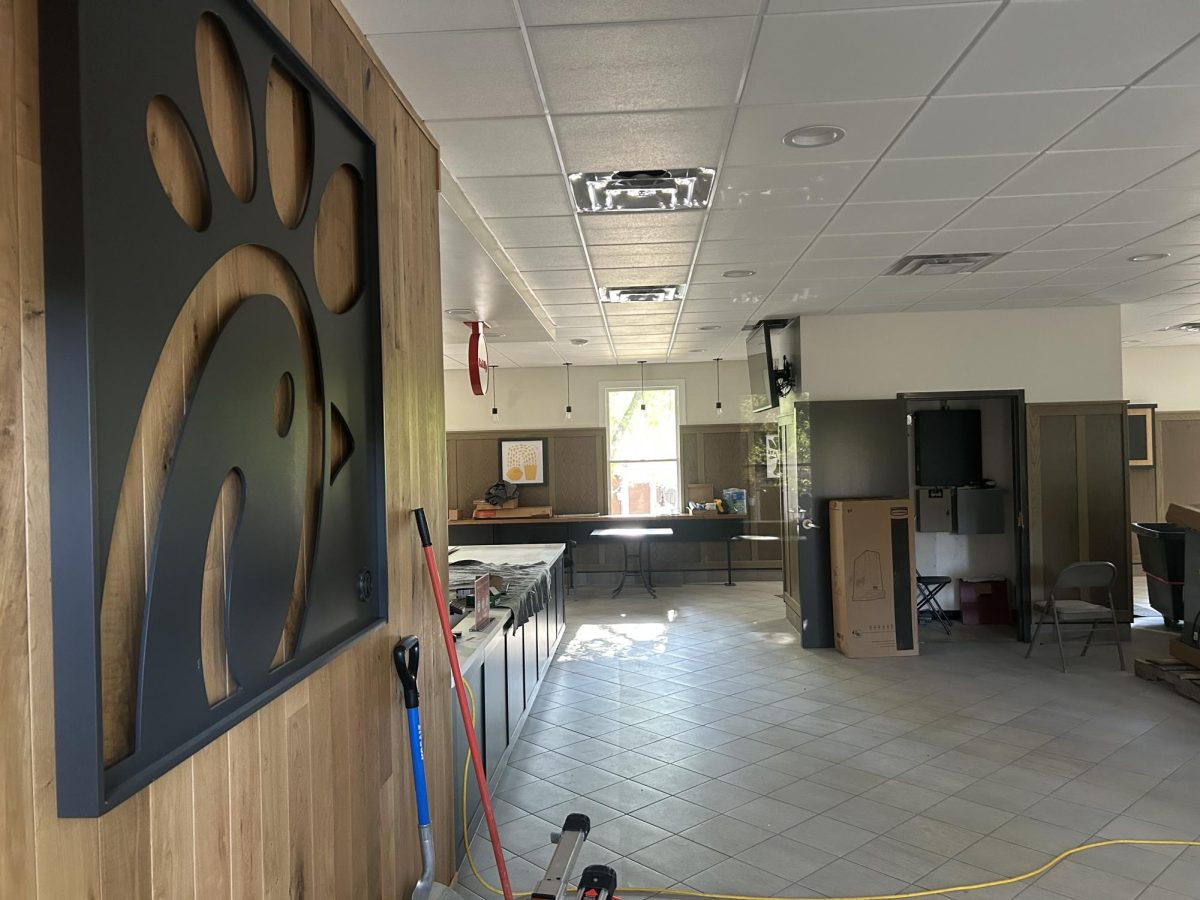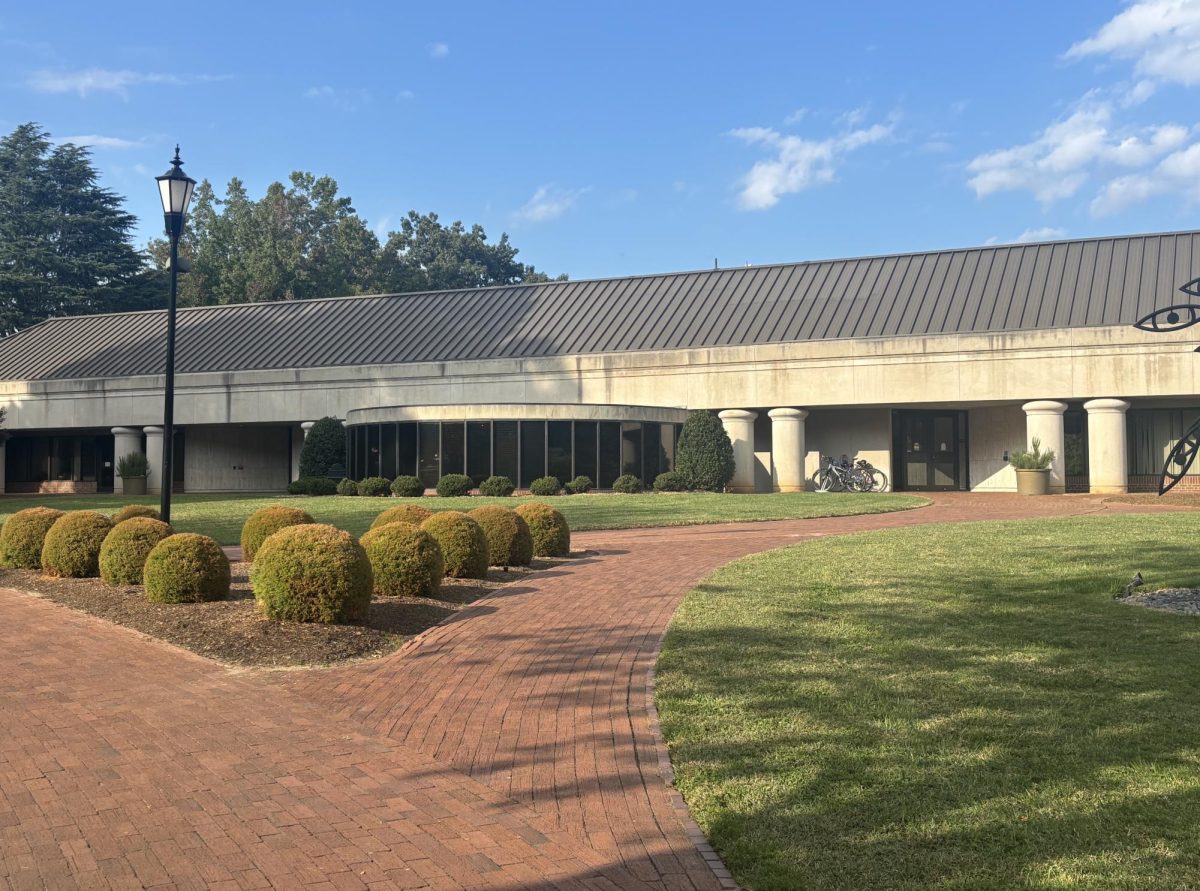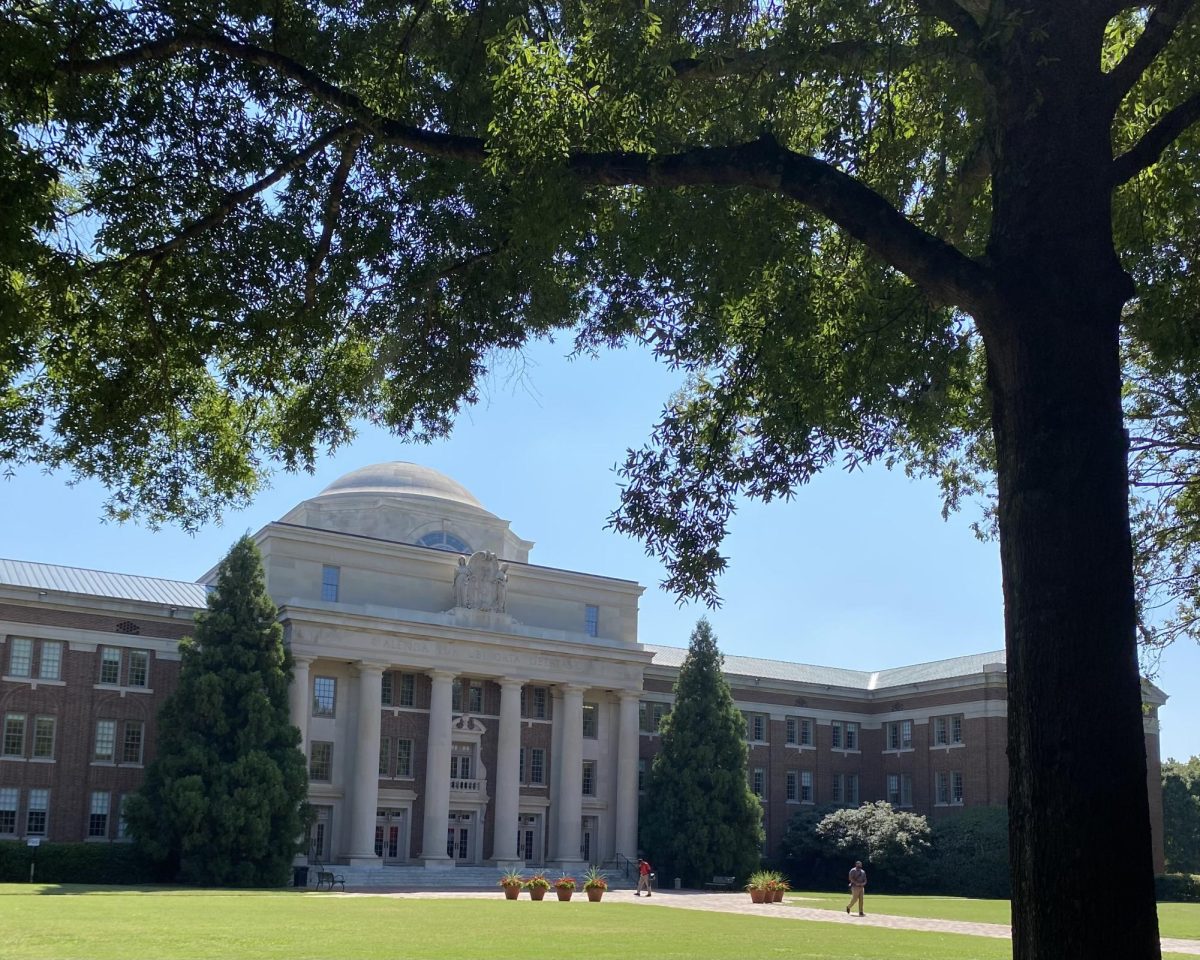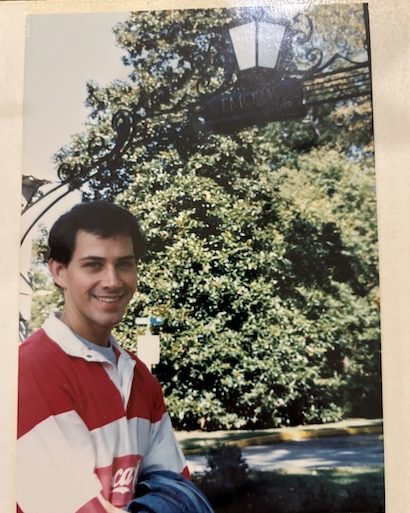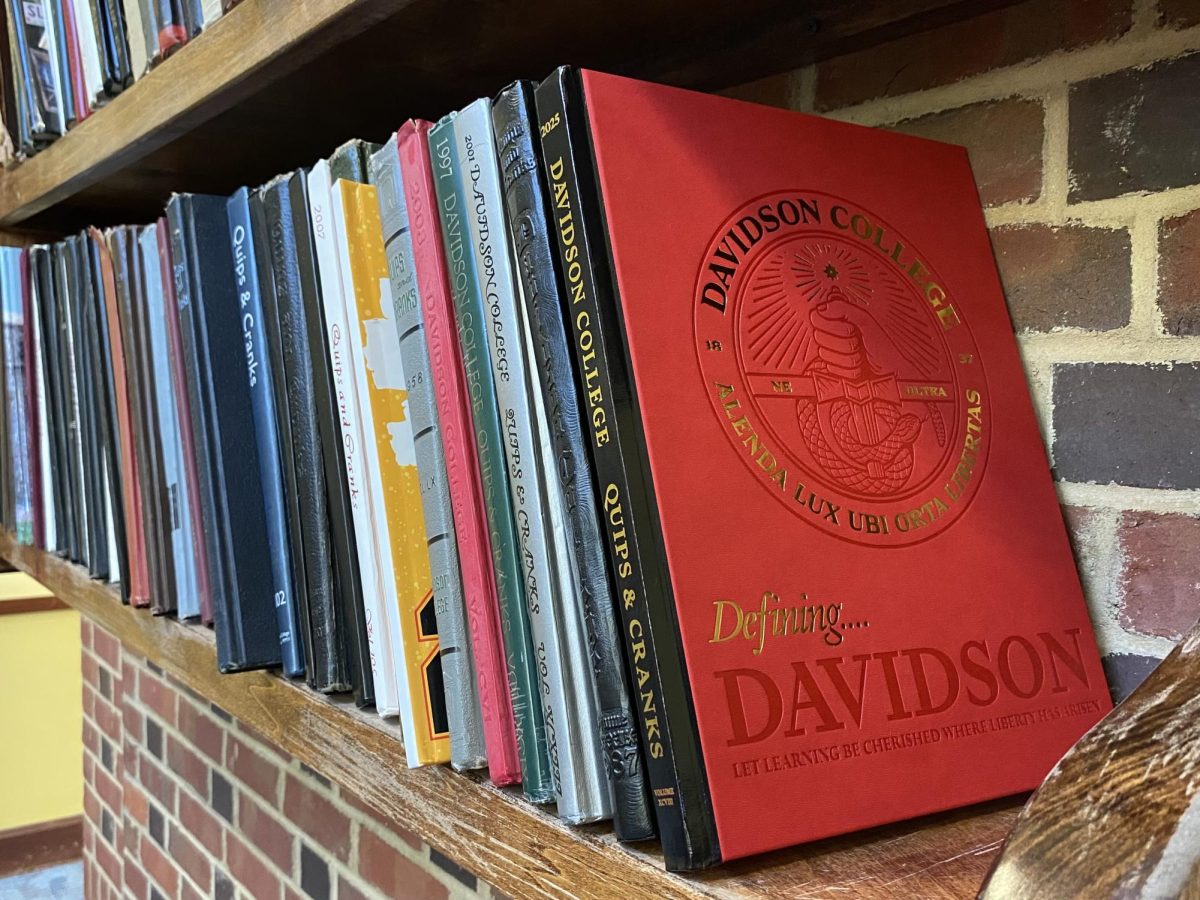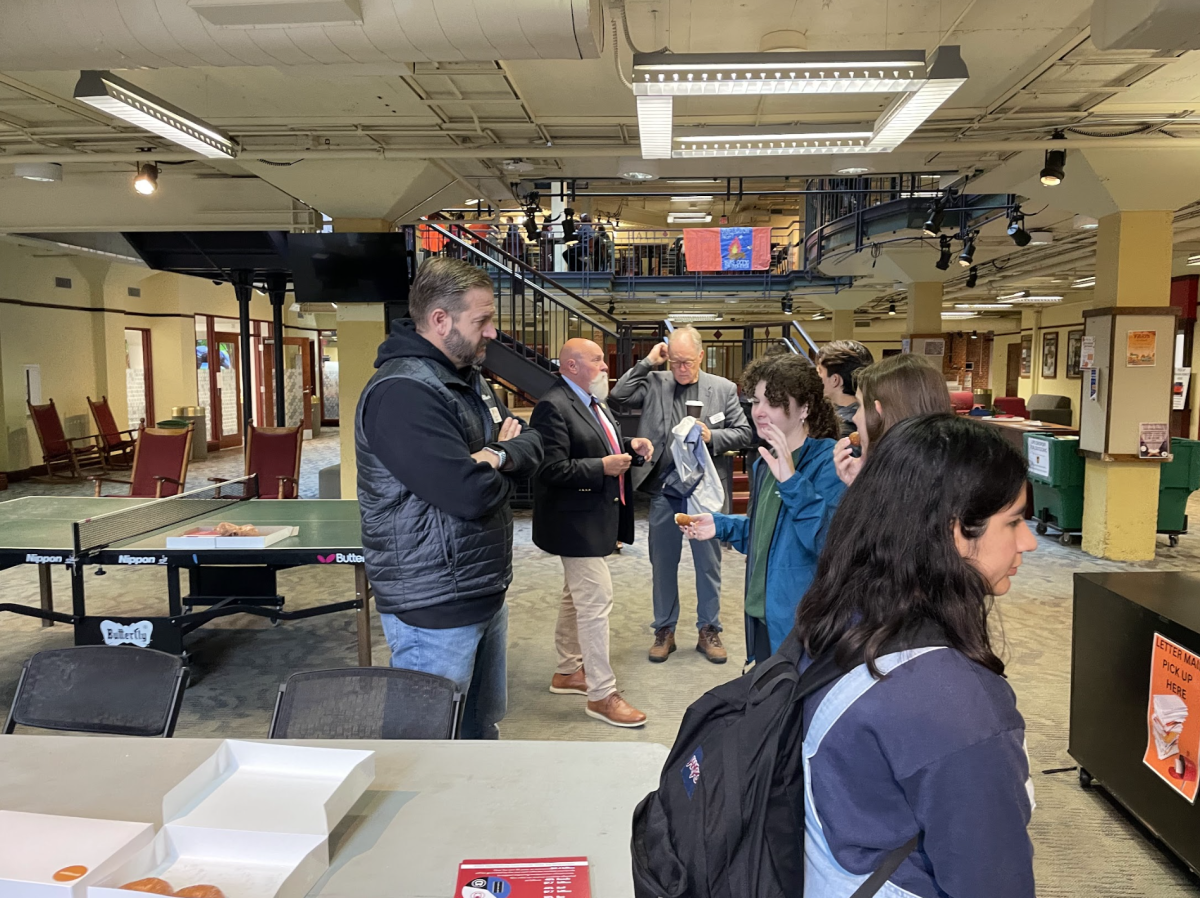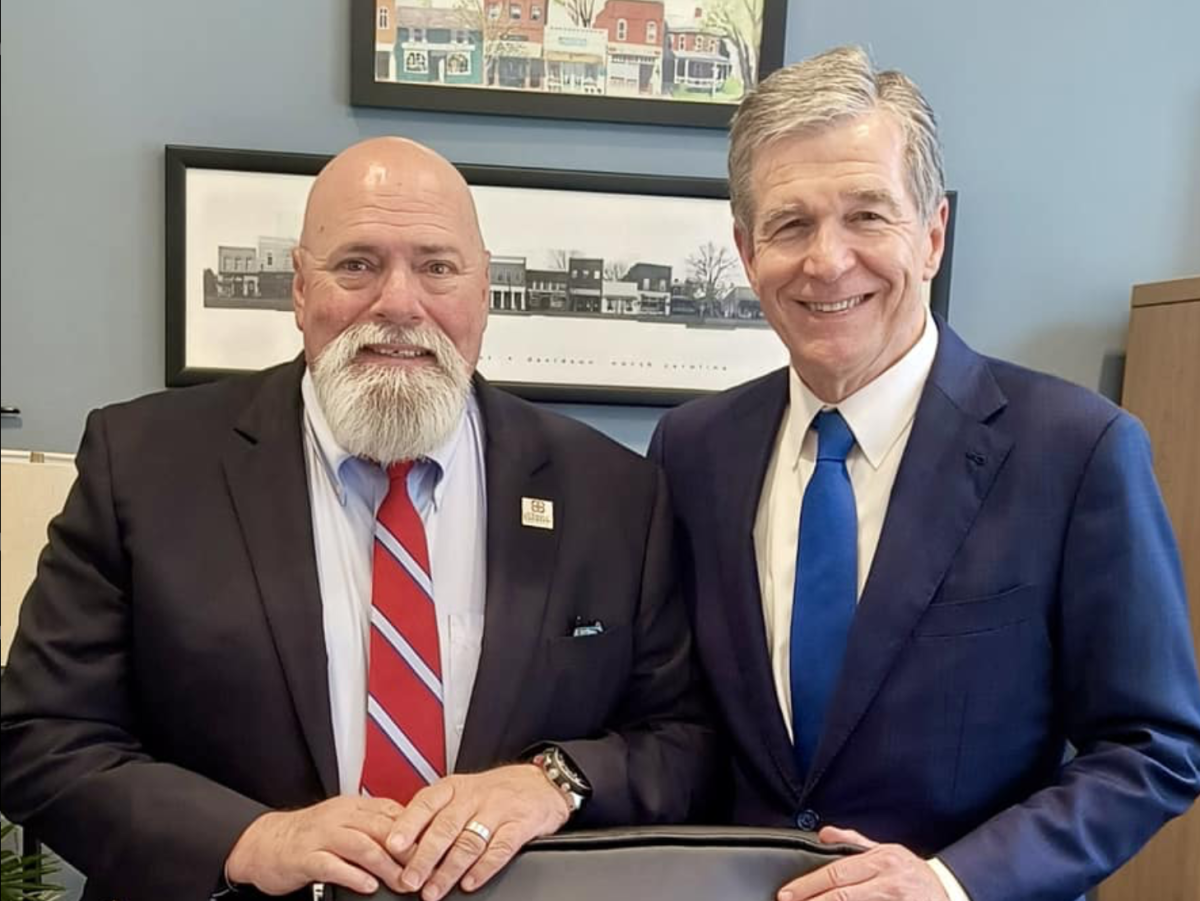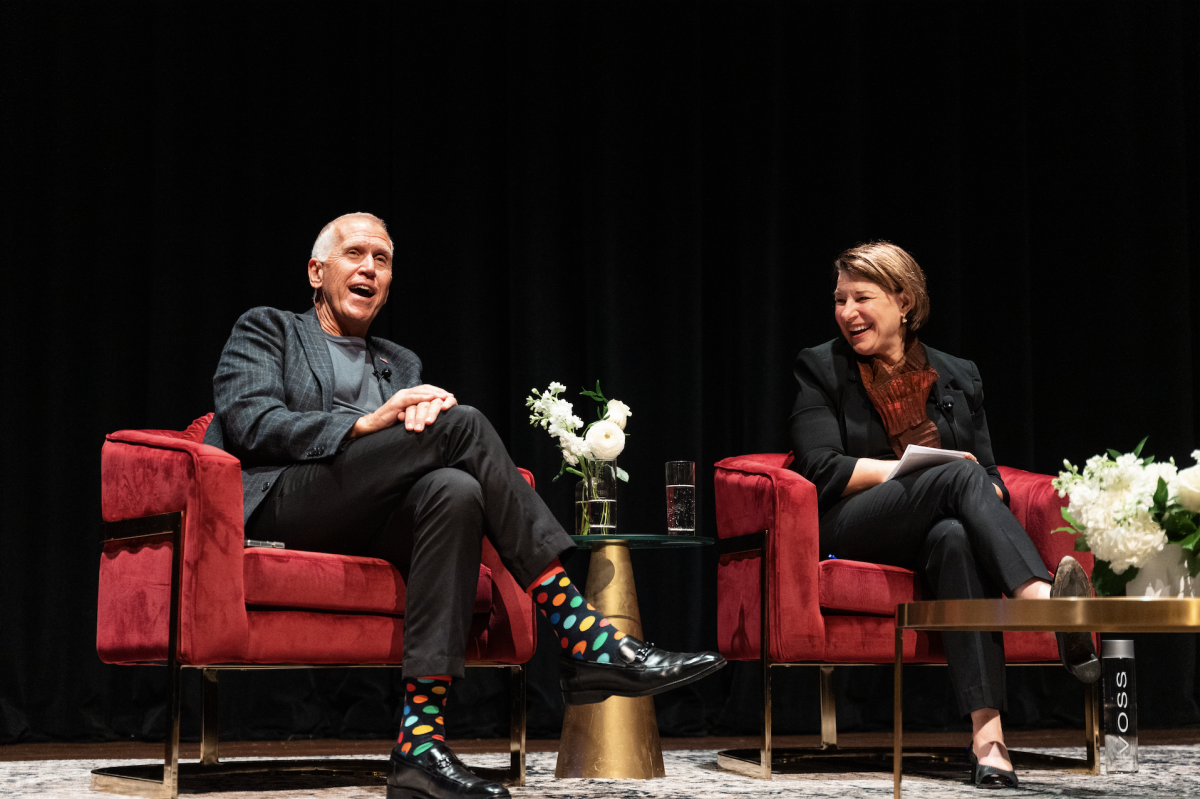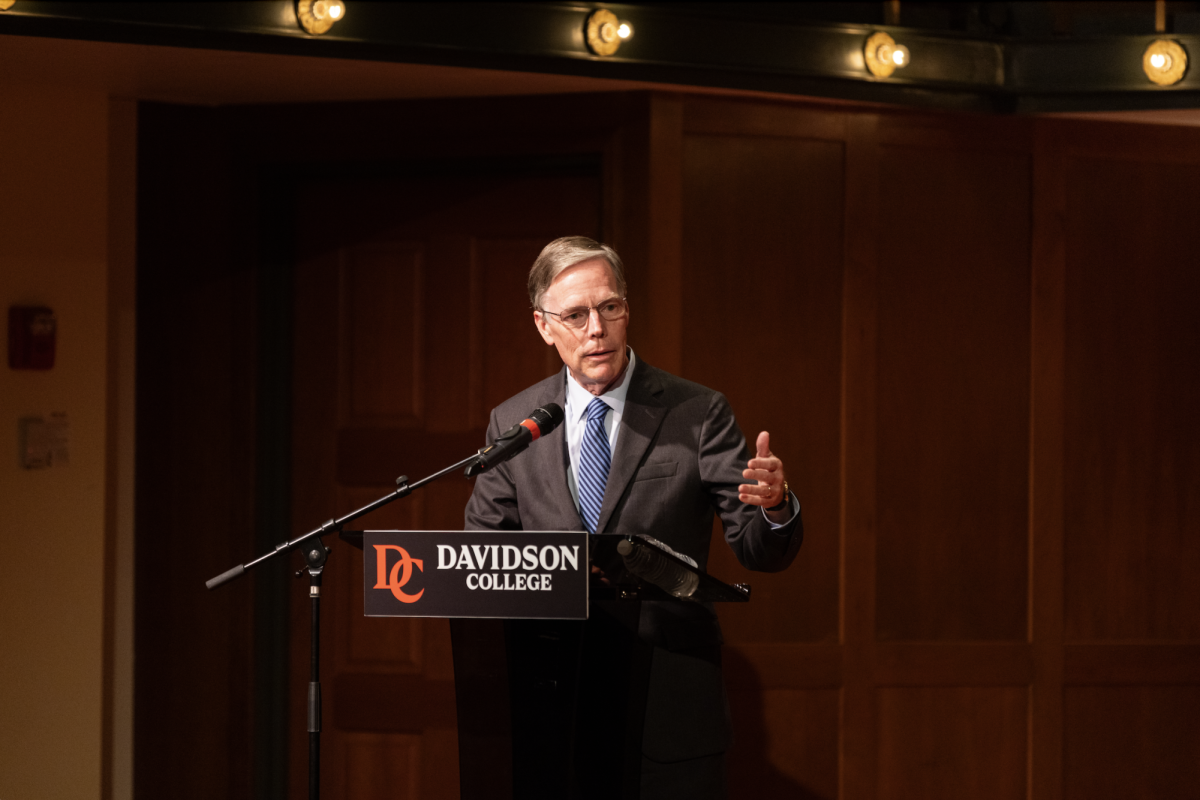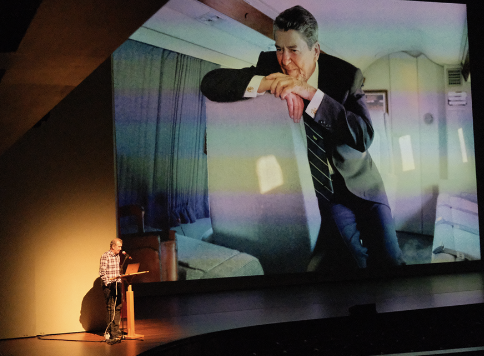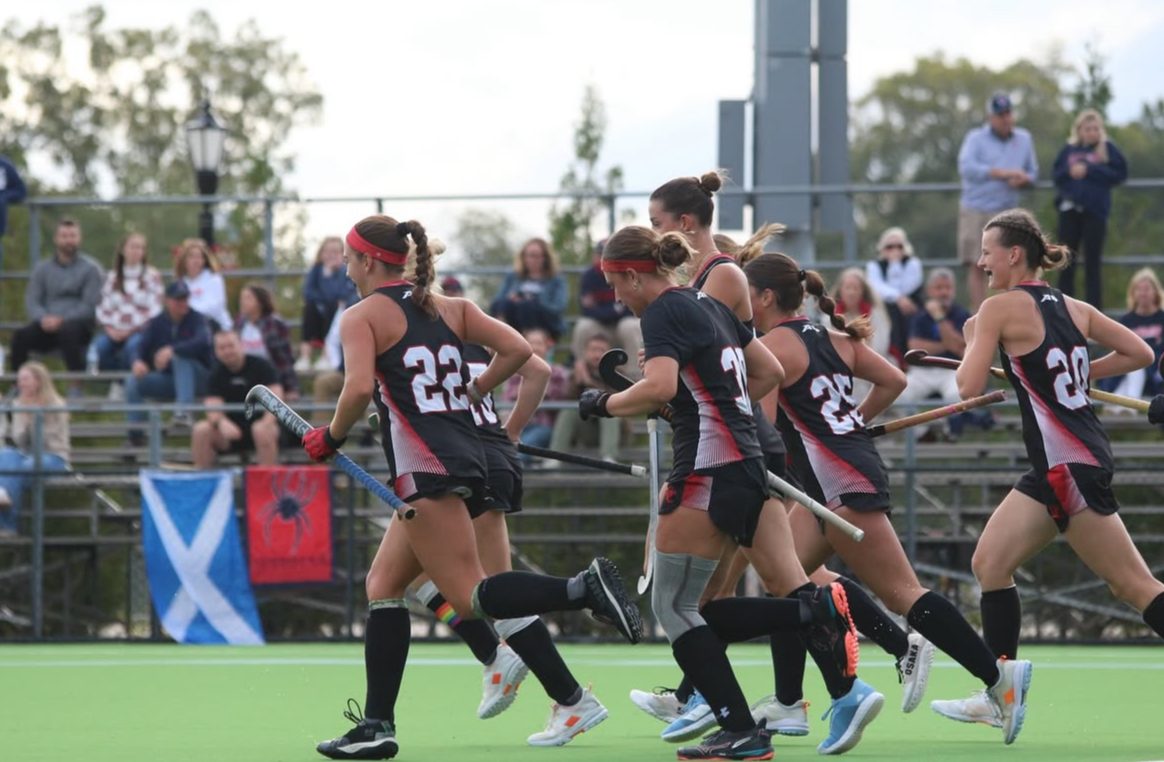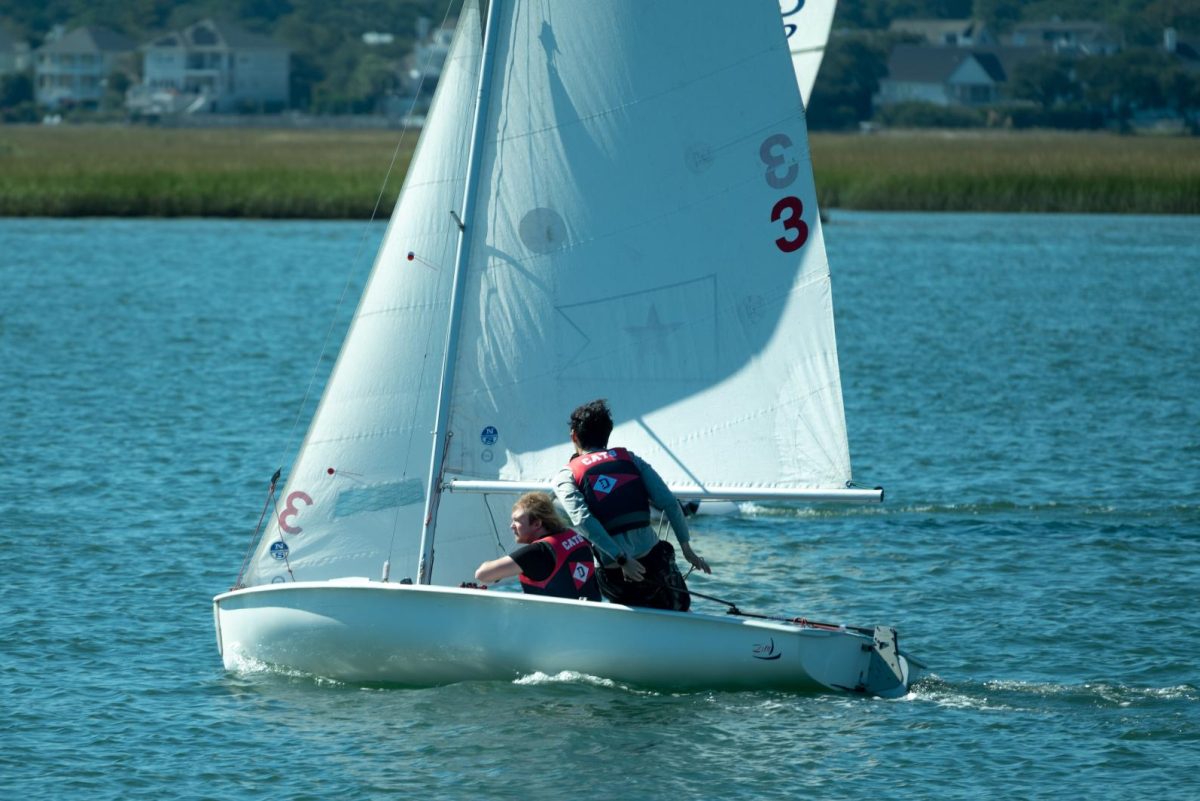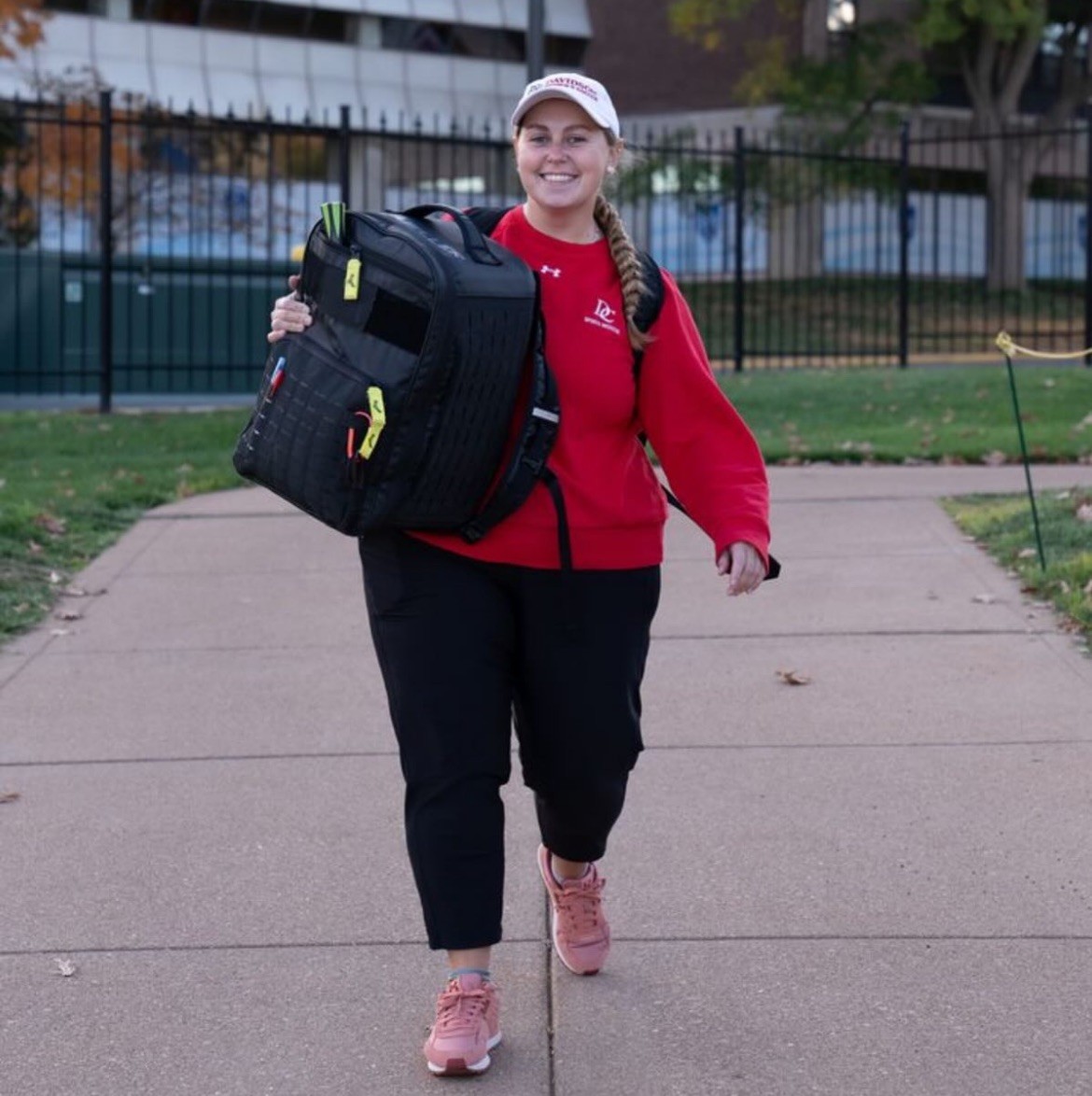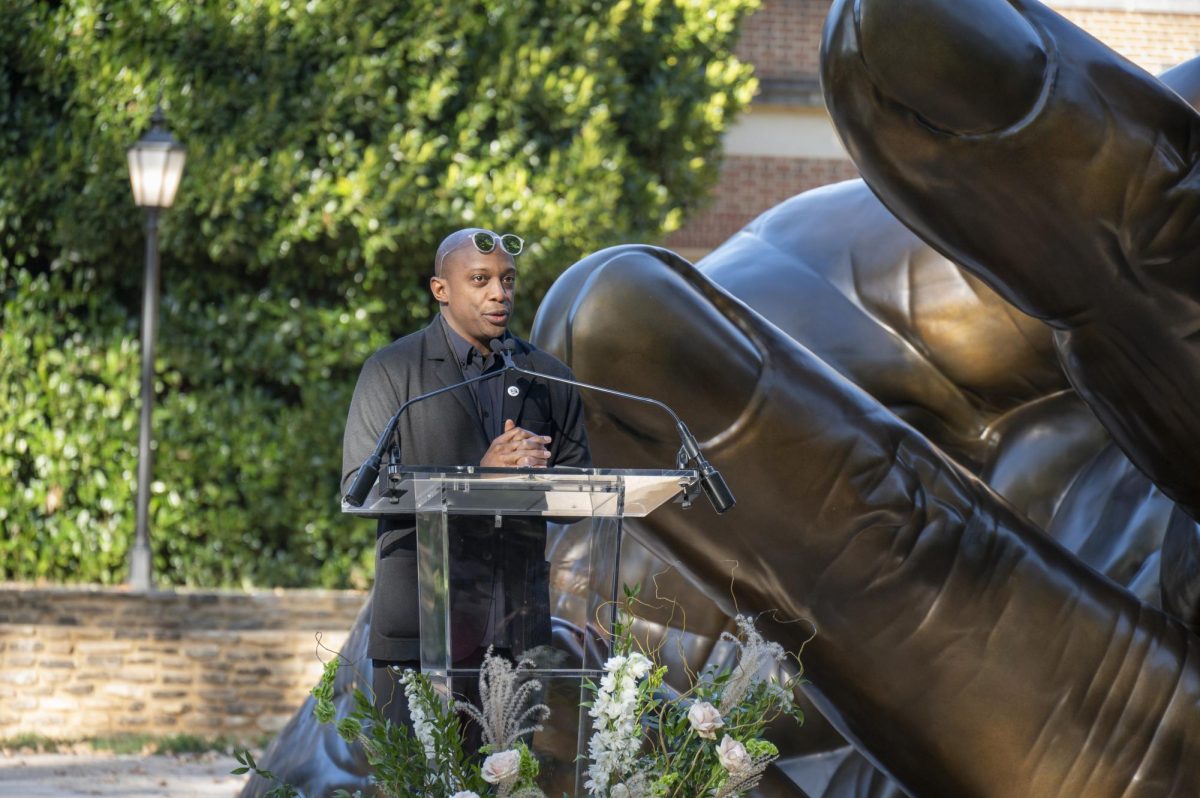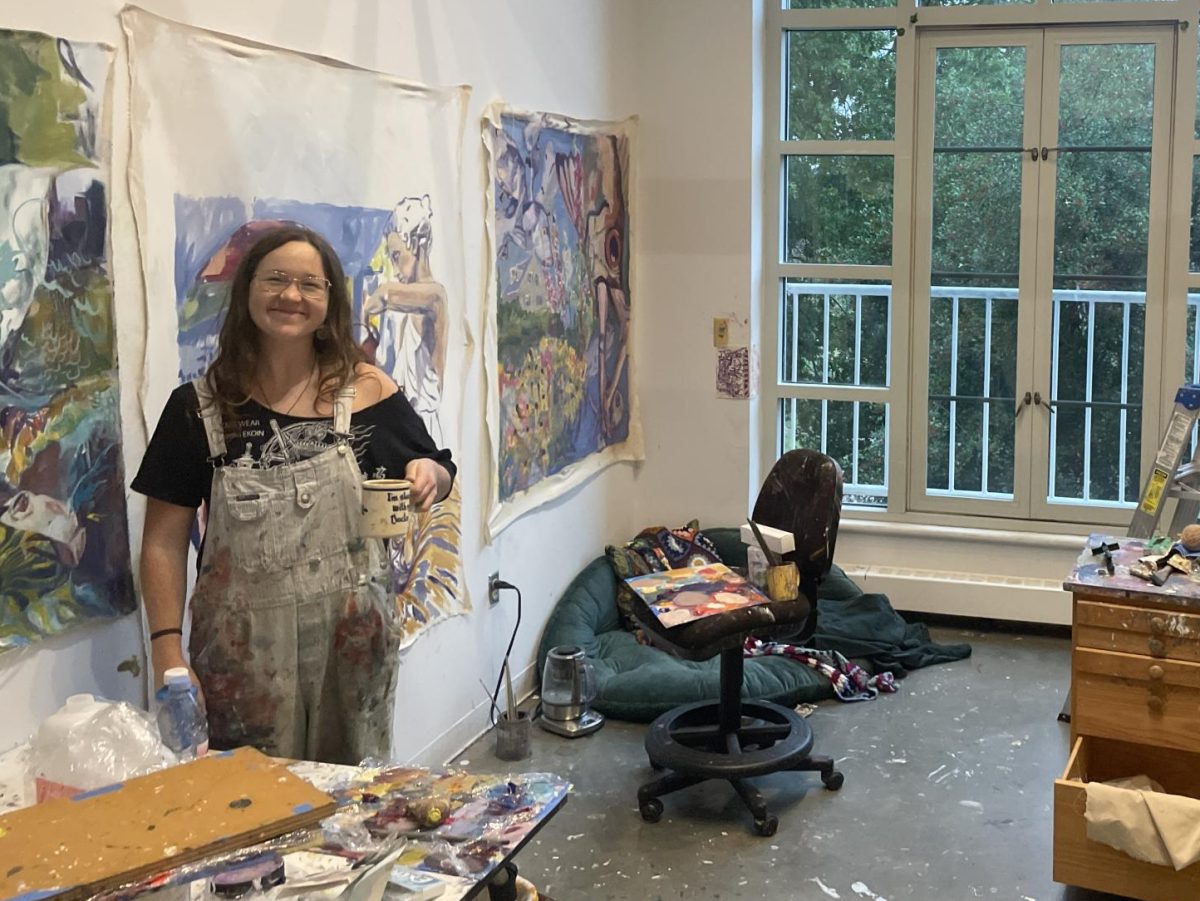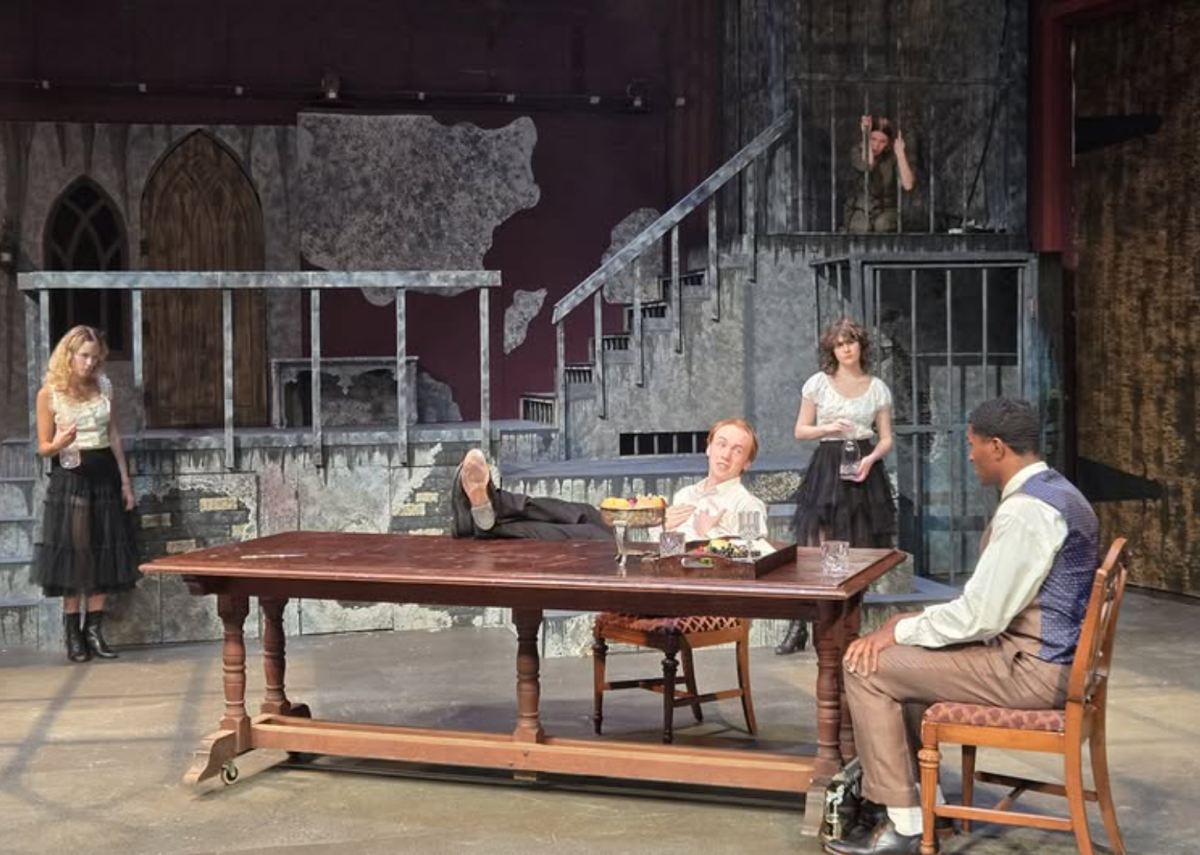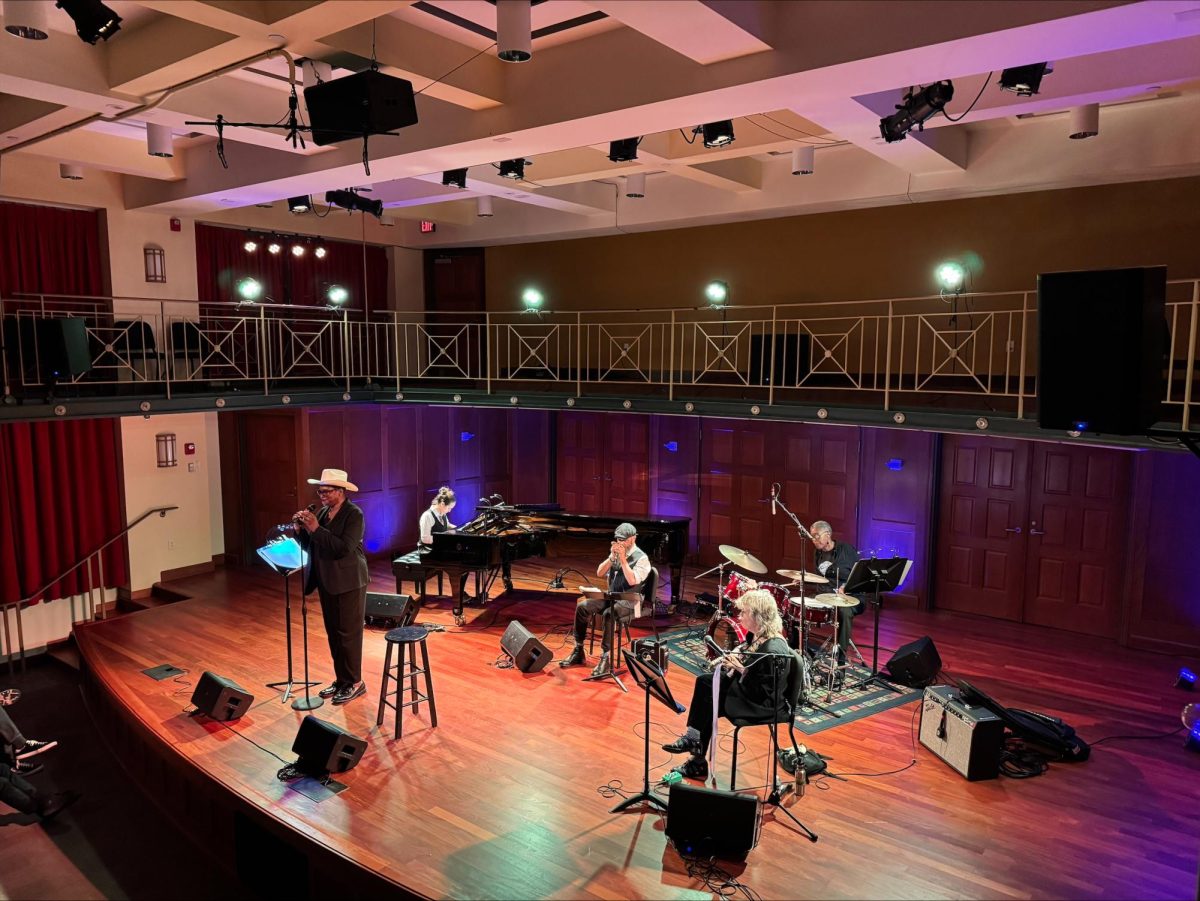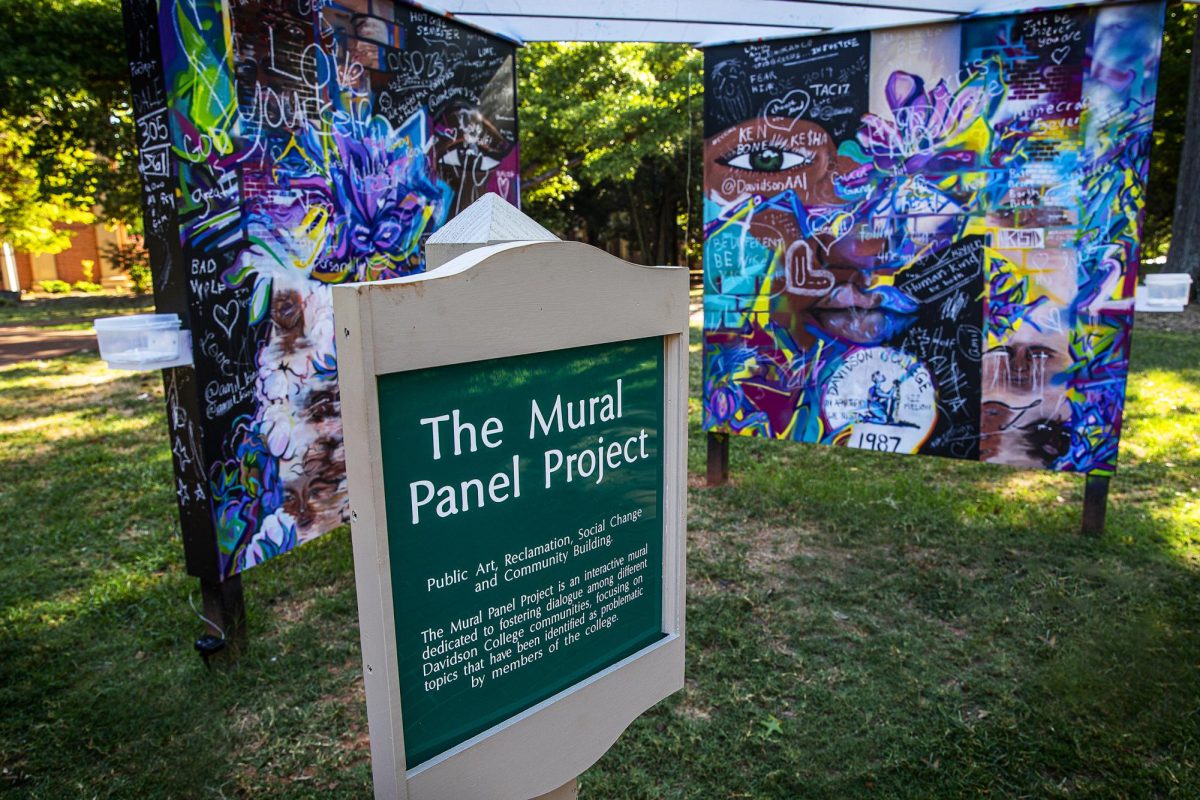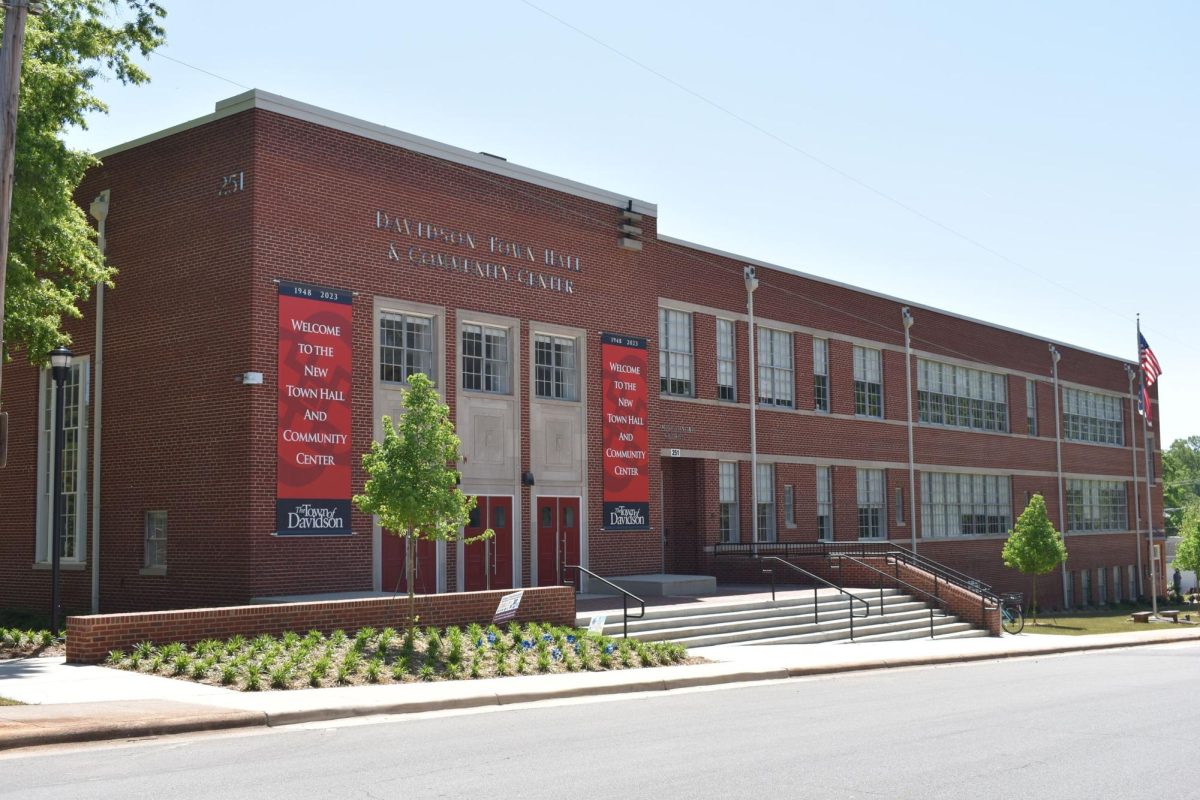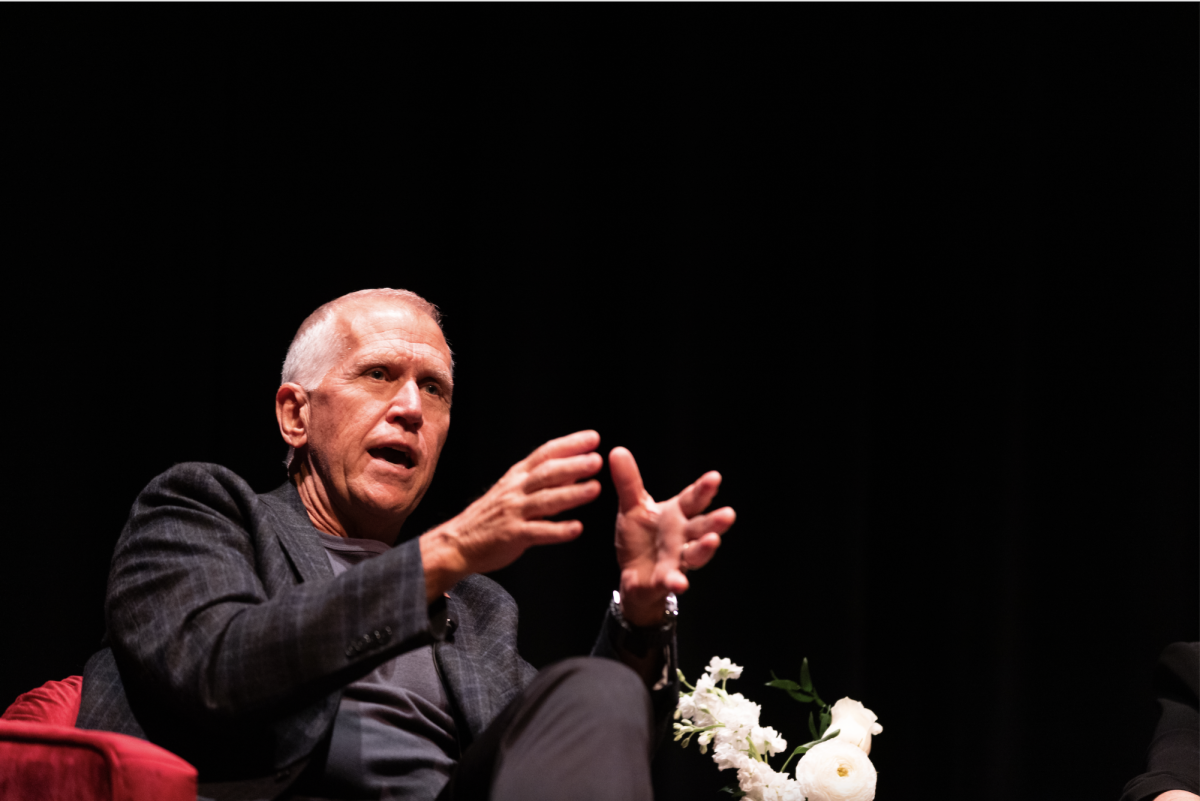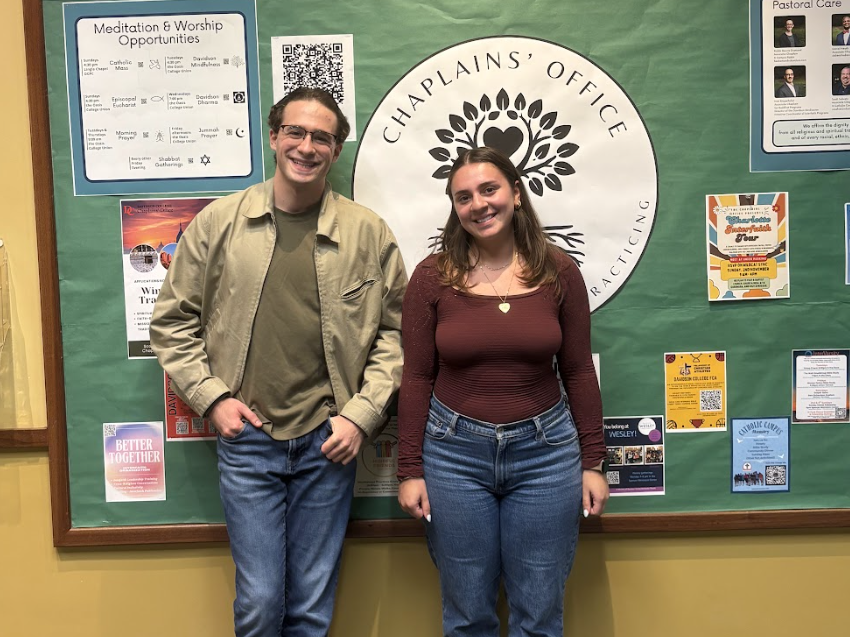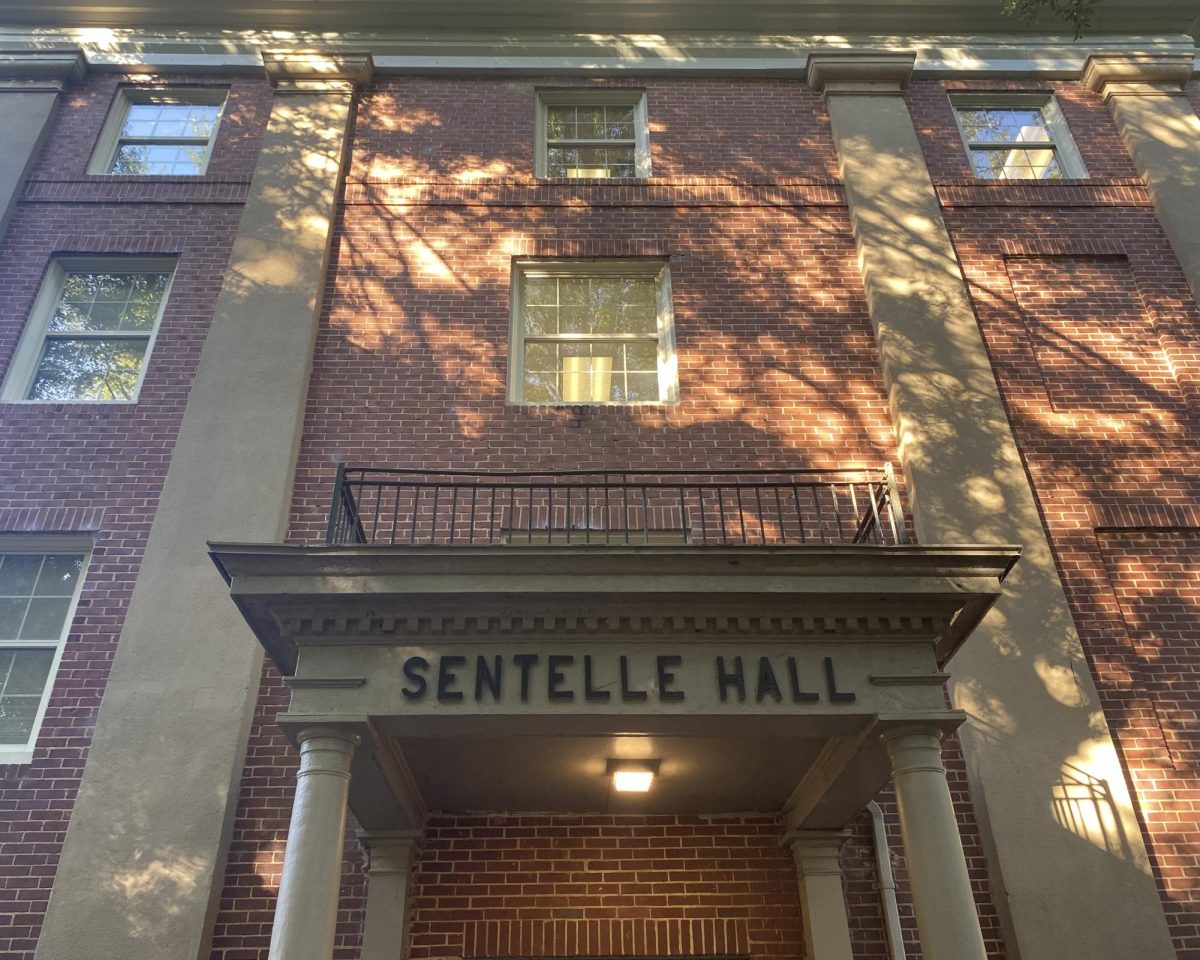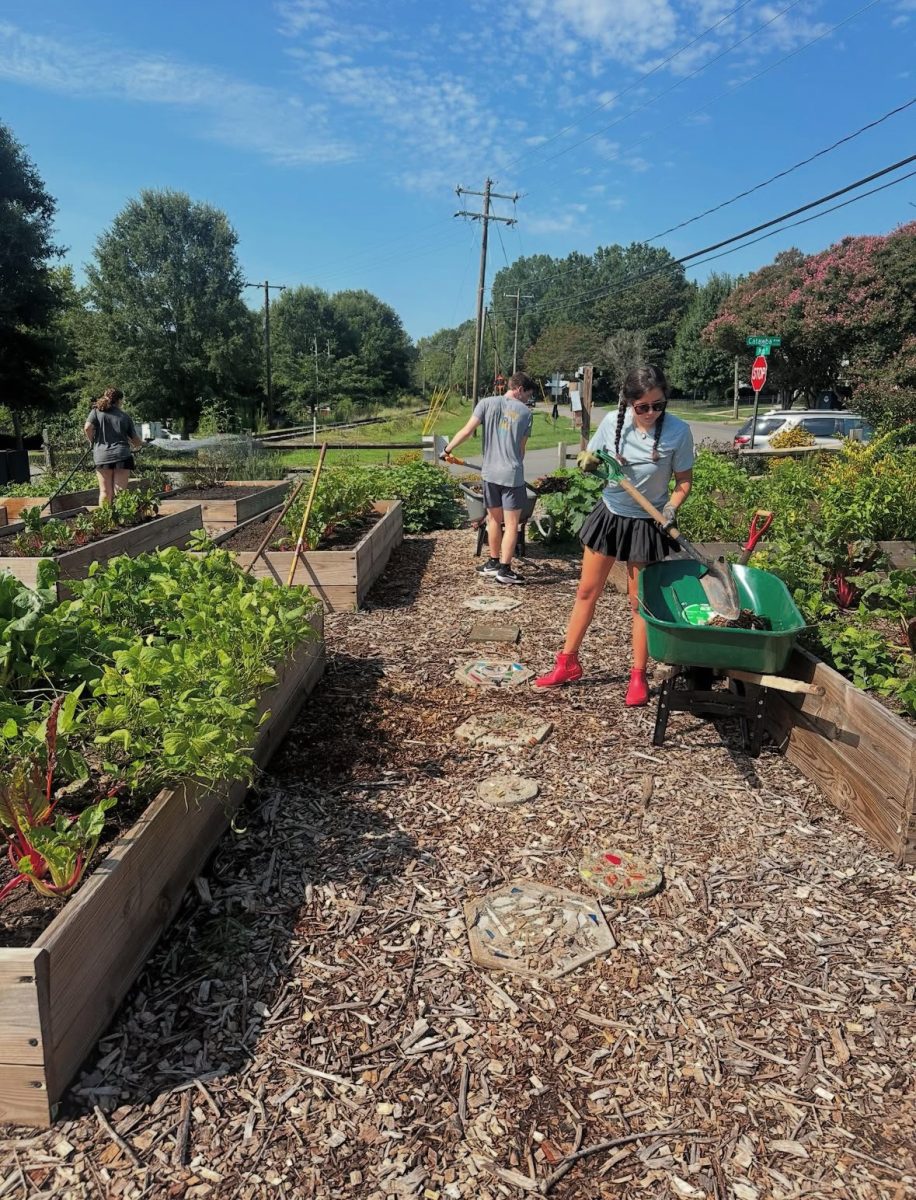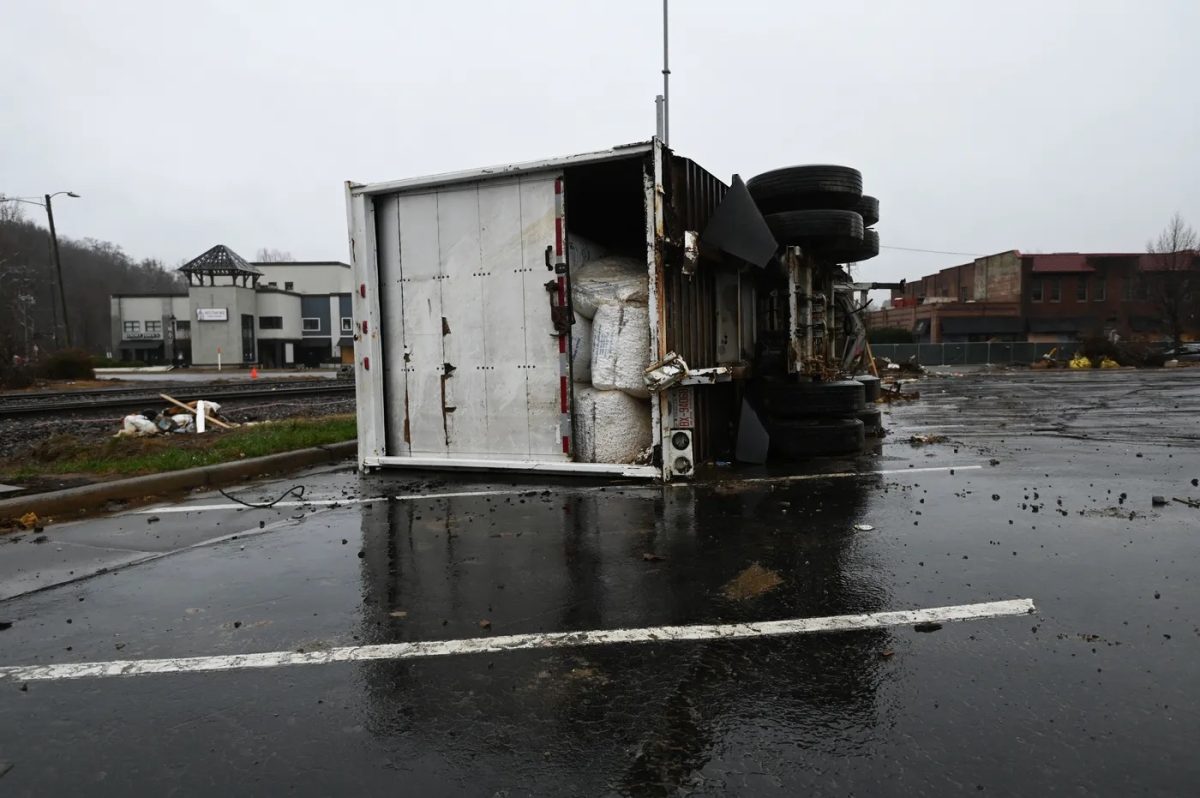Next Tuesday, an off-year election will take place in the Town of Davidson. None of the candidates have Wikipedia pages, no winners will receive protective details, and votes will be counted in the thousands, not millions. Yet this 2025 municipal election is unbecoming of the term ‘off-year’; it is shaping up to be one of the most transformative elections for the Town of Davidson in decades.
Municipal elections have the most direct and tangible impact on your everyday life. Mayors and town commissioners regulate everything from infrastructure and emergency services to parks and more. While presidential and congressional races dominate headlines, it is local governments who decide impactful policies such as whether your street gets repaved, how long the library stays open, and whether that new apartment complex gets built down the road. This year’s ballot includes races for school board, mayor, and town commissioners. Additionally, voters will decide on a referendum for a new sales tax to fund expanded public transportation options.
As public education has become more politicized, school boards have gained new prominence. In the election for District 1 of the Charlotte Mecklenburg School District, the incumbent faces a strong challenger. Will current school board member Melissa Easley defeat the better-funded and Mecklenburg Democratic Party-endorsed Charlitta Hatch? Or will the more conservative Bill Fountain pull off a surprise win? With powers over educational policy and funding for the nation’s eighteenth-largest school district at stake, the Charlotte-Mecklenburg School Board elections are increasingly important amid a weakened federal Department of Education.
In the town of Davidson elections, Rusty Knox runs unopposed for mayor yet again, but the commissioners face competition. With only five spots and six candidates, one will inevitably be on the outside looking in. Davidson’s commissioners determine zoning, budget allocations, and environmental planning; decisions that set the tone for the town’s growth and its preservation of small-town character. With Davidson facing increasing development and rising cost of living, the town government will decide where and when to prioritize the conservation of historic neighborhoods and natural spaces. As regional development accelerates, the question is not whether Davidson will change, but who will guide that change, and at what pace.
The tax referendum has the potential to be the most impactful. The proposed Mecklenburg County Public Transportation System Local Sales and Use Tax is a one-cent, county-wide sales tax with the potential to transform transit and transportation. If adopted, the provision would raise the sales tax rate from 7.25% to 8.25%. 40% of the funds are earmarked for road improvements. The Town of Davidson has expressed a desire to improve pedestrian safety and reduce traffic, including the ever-congested campus intersections of Main Street and Griffin Street and Main Street and Concord Road. Another 40% is set aside for buses, improving their reliability, availability, and safety. A novel part of the funding expands Microtransit, an affordable (current price is $2.25), direct, ride-sharing service to bridge the public transportation network gaps. The most exciting proposal for Davidson is the fabled Red Line, a light-rail line connecting college students to downtown Charlotte, the airport, and Mecklenburg County. Davidson’s proposed station, which would be next to Brickhouse, opposite the admissions office, at the corner of Jackson and Griffith Street, would be a quick jaunt for Davidson students.
However, the provision faces sharp criticism. A sales tax increase disproportionately burdens low-income residents and the proposed rail lines (especially the West Mecklenburg Silver Line) necessitate displacement and gentrification, especially in historically African-American communities. Charlotte currently lacks strong protections against these outcomes , and no planned land banking near future transit stops to mitigate impacts. Community leaders including former Mayor of Charlotte, Jennifer Roberts, and Bishop William J. Barber II opposed the measure. Do the benefits outweigh the harms? That is for you to decide.
Despite the importance of this election, municipal elections typically suffer from extremely low turnout; Davidson’s 2023 election had just 2,472 votes. One provision passed by a margin of 334 votes. With this level of turnout, your individual vote gains significant power. The County Transportation Tax has especially tough headwinds, and may come down to just a few votes.
Early voting is ongoing at the Davidson Town Hall & Community Center located at 251 South St, Davidson, NC 28036. Hours are 8:00 a.m. to 7:30 p.m until Friday, October 31st, and Saturday, November 1st from 8:00 a.m. to 3:00 p.m. On Election day, Tuesday, November 4, polls will be open 6:30 a.m. to 7:30 p.m. The Center for Political Engagement will transport Davidson students to their polling place, from 4:30 p.m. to 6:30 p.m and will depart from Richardson Circle. Go vote!
The Center for Political Engagement (CPE) is a nonpartisan student organization that prioritizes student political involvement. CPE President Auden White ’26, is an Economics and Sociology double major from Raleigh, NC. He can be reached for comment at [email protected].

